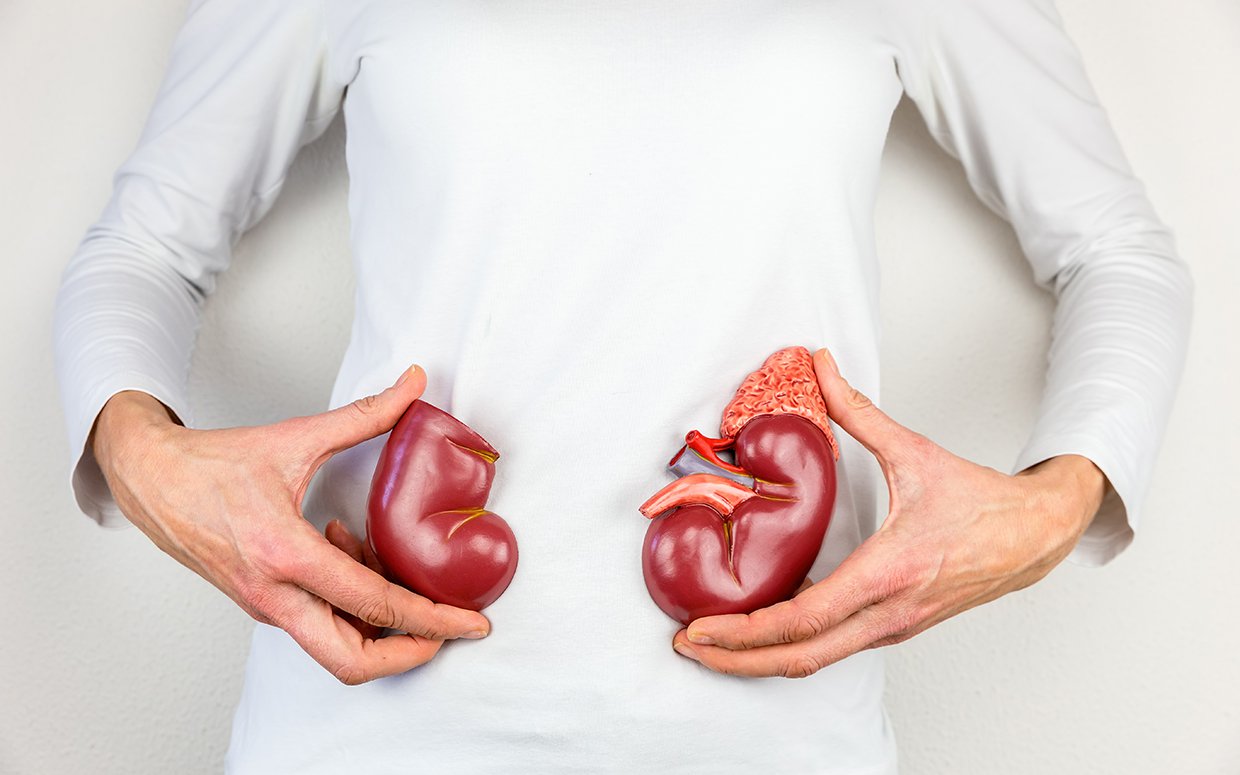The Basics Of Chronic Kidney Disease
An estimated 661,000 Americans are affected by chronic kidney disease and are dealing with kidney failure, and of these individuals, 468,000 patients are on dialysis and 193,000 are living with a functioning kidney transplant. Approximately half of the patients living with chronic kidney disease also have diabetes or cardiovascular disease, and some even have both. Learn more now about the causes, symptoms, available treatments, and preventative measures individuals should be aware of if they or a loved one are living with chronic kidney disease.
What Is Chronic Kidney Disease?

Chronic kidney disease, also known as chronic kidney failure, is characterized by the gradual loss of function of one or both kidneys. The kidneys are vital organs as they filter wastes and excess fluid from the blood, which are then excreted through urine. When chronic kidney disease has reached a progressive stage, incredibly hazardous levels of fluid, electrolytes and wastes can build within the body, which can lead to acute renal failure. It is essential for individuals to know if they are suffering from this illness, it may not become apparent until their kidney function is significantly impaired and has already progressed.
Treatment for chronic kidney disease focuses more on slowing the progression of kidney damage, typically with healthcare professionals focusing and controlling the underlying cause of the disease. Unfortunately, chronic kidney disease can progress to end-stage kidney failure, which can be fatal without the patient receiving dialysis or a kidney transplant.
Symptoms To Be Aware Of

Symptoms of chronic kidney disease develop slowly over an extended period, especially if damage to the kidneys progresses slowly. Signs and symptoms of this illness include nausea, vomiting, loss of appetite, fatigue and weakness, sleep issues, changes in urination, a decrease in mental sharpness and focus, muscle twitches and cramps, and swelling of the feet and ankles due to water retention.
Other symptoms include persistent itching, chest pain if enough fluid builds up around the lining of the heart, shortness of breath due to fluid buildup in the lungs, and high blood pressure that can be difficult to manage. These common symptoms are often nonspecific, meaning they can also be signs of other medical conditions. Due to the kidneys being highly adaptable and able to compensate if they begin to lose functioning abilities, symptoms may not appear until irreversible damage has been done to the organ.
